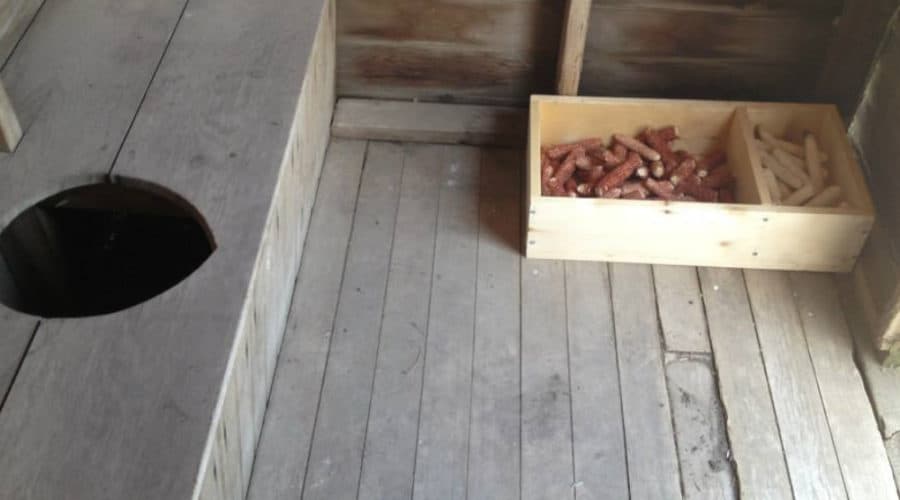"Killing the virus" is indeed a misnomer as they aren't really alive. Just some RNA in a protein and lip shell. Little bastards! haha
Studied viral gene regulation in the 1980s (i.e. the stone age). They might not be "alive," but they've evolved inspiring complexity. For example, many employ a temporal switch. A successful virus needs to have its host replicate its genome exponentially - before capsule proteins are produced. Otherwise, relatively few strands of genetic material will be quickly packaged before they can serve as templates for new strands, and the infection will fail. Among the "early" proteins is an activator required for expression of "late" proteins, which include those comprising the capsule. The extra step delays their expression just long enough to ensure there's plenty of DNA or RNA ready to be packaged. Didn't study coronovirus, but they sound very complex indeed. All sorts of bells and whistles.
Don't get the TP thing. Six rolls left. Should last long past a vaccine becoming available in a year or two. (Although seashells are intriguing.
Stop Using Toilet Paper
Why are we hoarding it when experts agree that rinsing with water is more sanitary and environmentally sound?
By Kate Murphy
Ms. Murphy is the author of “You’re Not Listening: What You’re Missing and Why It Matters.”
April 3, 2020
Before paper was invented, or readily available, people used leaves, seashells, fur pelts and corn cobs. The ancient Greeks and Romans used small ceramic disks and also sponges on the ends of sticks, which were then plunged into a bucket of vinegar or salt water for the next person to use. We know this thanks to Philippe Charlier, a forensic anthropologist and archaeologist at the Musée du Quai Branly in Paris. His 2012 treatise, “Toilet Hygiene in the Classical Era,” published in the British Medical Journal, is perhaps the most widely cited text on the topic...
But while the majority of households in Japan have high-tech toilets capable of cleansing users with precisely directed temperature-controlled streams of water, the rest of the world has been slow to follow.
Blame prudishness and puritanism, at least in part: Bidets, once ubiquitous in France, became associated with hedonism and licentiousness. Marie Antoinette had a red-trimmed bidet in her prison cell while awaiting the guillotine. And during World War II, American soldiers first saw bidets in French brothels, which made them think they were naughty. An often-told joke was that a wealthy American tourist in Paris assumed the bidet in her hotel room was for washing babies in, until the maid told her, “No, madame, this is to wash the babies out...”
Which brings us back to the panic buying of toilet paper. Psychologists say it’s more than a little Freudian, what with the anal personality being tied to a need for order, hoarding and fear of contamination. “The characteristics align with obsessive compulsive tendencies, which get triggered when people feel threatened,” said Nick Haslam, a professor of psychology at the University of Melbourne in Australia and the author of “Psychology in the Bathroom...”
“There’s also some evidence that animals hoard nesting materials,” Dr. Haslam said. “So maybe toilet paper has some sort of nesting component as we’re forced into our homes.”
Last edited:




 ).
).